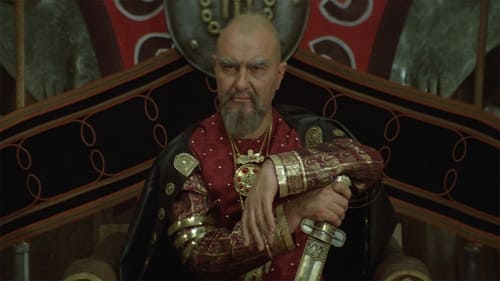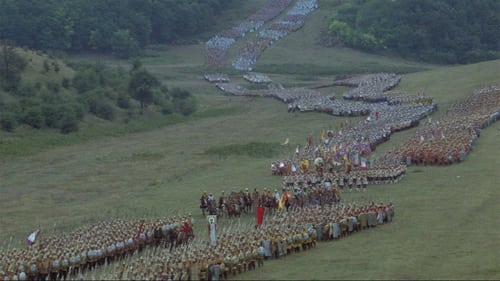The Island of Tsar Samuil (2003)
Género : Documental
Tiempo de ejecución : 55M
Director : Ралица Димитрова
Sinopsis
An island in northwest Greece keeps memories of the Bulgarian past.
Género : Documental
Tiempo de ejecución : 55M
Director : Ралица Димитрова






